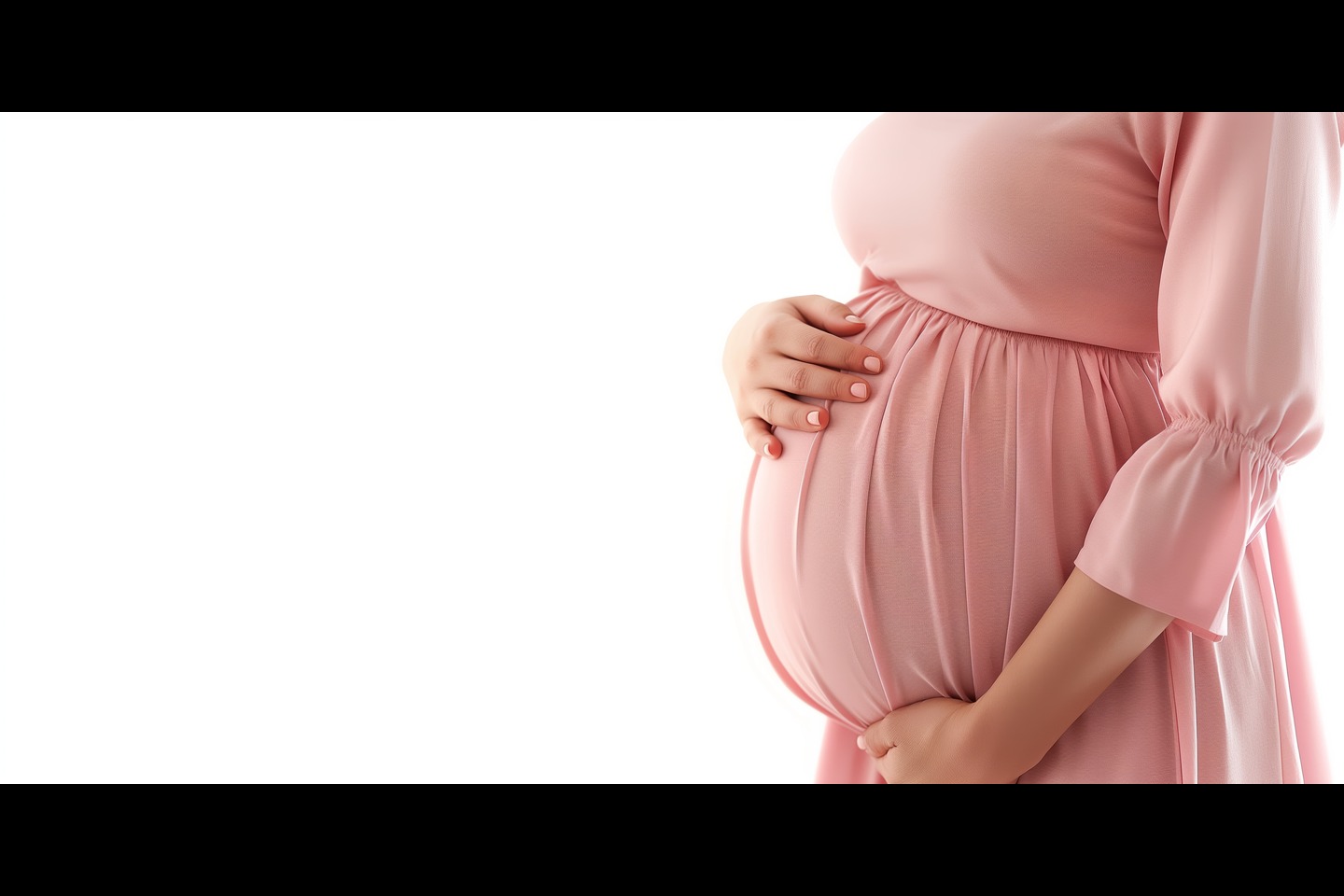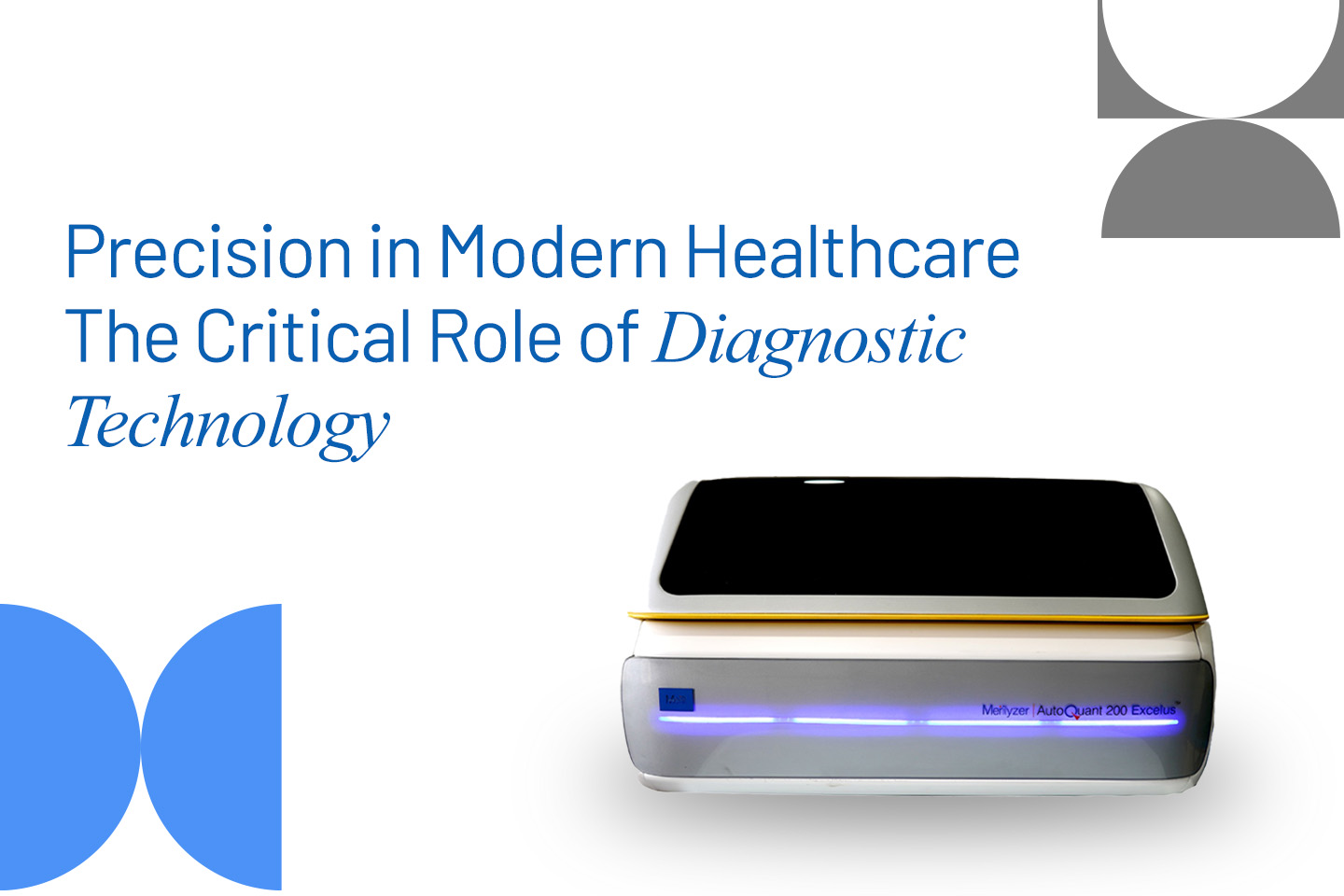Medical Devices
How to Manage Piles During Pregnancy

Pregnancy is a magical journey filled with joy, anticipation, and a fair share of challenges. One such challenge that many expecting mothers face is dealing with piles, or hemorrhoids. It’s not the most glamorous topic, but it’s a common issue that deserves attention and care. If you’re going through the ups and downs of pregnancy and find yourself struggling with piles, you’re not alone. In this blog, we'll share some practical tips and treatments to help you manage this condition and enjoy a smoother, more comfortable pregnancy.
Overview of Piles
Also known as hemorrhoids, piles are swollen veins in the lower rectum and anus. Piles can be internal (inside the rectum) or external (under the skin around the anus). They are a common condition and can affect anyone, but they are particularly prevalent during pregnancy.
Types of Piles
Internal Piles: These piles are located inside the rectum. Internal piles are usually painless but can cause bleeding during bowel movements.
External Piles: These are found under the skin around the anus and can be painful, swollen, and itchy.
Causes and Risk Factors Specific to Pregnancy
During pregnancy, several factors contribute to the development of piles:
Increased Pressure on Pelvic Veins: The growth of the uterus puts pressure on the veins in the pelvic area. This leads to piles.
Hormonal Changes: The hormone progesterone relaxes the walls of blood vessels and makes them more prone to swelling.
Constipation: Pregnancy hormones can slow down bowel movements, leading to constipation, which aggravates piles.
Symptoms of Piles During Pregnancy
- Pain and Discomfort: Pain during bowel movements or while sitting.
- Bleeding: Presence of bright red blood on toilet paper or in the stool.
- Itching and Irritation: Persistent itching around the anus.
- Swelling: Swelling or a lump around the anus.
- Mucus Discharge: Mucus discharge from the anus.
- Differentiating Between Mild and Severe Symptoms
- Mild Symptoms: Occasional pain, slight itching, and minor bleeding.
- Severe Symptoms: Intense pain, significant bleeding, large swollen lumps, and persistent discomfort.
When to Seek Medical Advice for Piles During Pregnancy
Seek medical advice if you experience severe pain or heavy bleeding or if the symptoms persist despite home treatments. A healthcare provider can recommend appropriate piles treatment options to manage the condition safely during pregnancy.
Safe Treatments for Piles During Pregnancy
Minimally Invasive Procedures: Procedures such as rubber band ligation, sclerotherapy, and infrared coagulation are generally postponed until after delivery if possible. These treatments involve minimal invasion and can effectively reduce or eliminate piles.
Role of Healthcare Providers: In severe cases, healthcare providers can offer guidance on managing symptoms and may prescribe medication that is safe to use during pregnancy.
Regular Prenatal Check-Ups: Regular check-ups are crucial for monitoring and managing piles during pregnancy. Healthcare providers offer tailored advice and treatment options to ensure the well-being of both, mother and the foetus.
Lifestyle and Dietary Changes to Manage Piles During Pregnancy
- Hydration: Drinking plenty of water to prevent constipation.
- Fiber-Rich Diet: Consuming fruits, vegetables, whole grains, and legumes to promote regular bowel movements.
- Physical Activity: Engaging in regular, gentle exercise to improve bowel function.
Home Remedies for Piles During Pregnancy
- Warm Sitz Baths: Sitting in warm water for 15-20 minutes several times a day can help lessen the pain and swelling.
- Cold Compresses: Applying cold compresses to the affected area might provide relief from swelling and discomfort.
Preventive Measures for Piles During Pregnancy
- Avoid delaying bowel movements, as this can lead to constipation and increased straining. Responding promptly to the urge to go can help maintain regularity and reduce the risk of piles.
- Prolonged sitting or standing can increase pressure on the veins in the rectum and anus. Taking breaks to move around and change positions can help alleviate this pressure.
- Pelvic floor exercises can improve circulation in the pelvic area and strengthen the muscles, reducing the risk of piles.
Wearing loose, comfortable clothing can reduce pressure on the pelvic area and minimize irritation and discomfort.
Coping with Piles Discomfort During Pregnancy
Techniques for Managing Pain and Discomfort
- Rest: Ensuring adequate rest to reduce strain on the body.
- Avoiding Heavy Lifting: Avoid lifting heavy objects to prevent additional pressure on the veins.
- Gentle Cleaning: Using soft, unscented toilet paper or wipes to avoid further irritation.
Tips for Reducing Discomfort During Bowel Movements
- Elevated Foot Position: Keep your feet on a small stool while sitting on the toilet. This can make bowel movements easier.
- Breathing Techniques: Practice deep breathing to relax the pelvic muscles during bowel movements.
MIRUS Hemorrhoids Stapler by Meril
The MIRUS Hemorrhoids Stapler by Meril is designed for Minimally Invasive Procedures for Prolapsed Hemorrhoids (MIPH) and Stapled Transanal Resection of the Rectum (STARR). It features a three-row stapler configuration, providing enhanced security and superior hemostasis. This stapler facilitates optimal excision of prolapsed hemorrhoidal tissue with adjustable height staples that reduce tissue tension. The device ensures proper staple line formation with an optimum closed height, making it an effective tool for hemorrhoid surgery.
Conclusion
Managing piles during pregnancy requires a combination of medical guidance, lifestyle adjustments, and home remedies. Remember, always consult with your healthcare provider to ensure the health and safety of both you and your baby.
Reference Links:
https://www.mayoclinic.org/diseases-conditions/hemorrhoids/symptoms-causes/syc-20360268#:~:text=Hemorrhoids%20(HEM%2Duh%2Droids,the%20anus%2C%20called%20external%20hemorrhoids.
https://my.clevelandclinic.org/health/diseases/23498-pregnancy-hemorrhoids
https://my.clevelandclinic.org/health/diseases/15120-hemorrhoids





